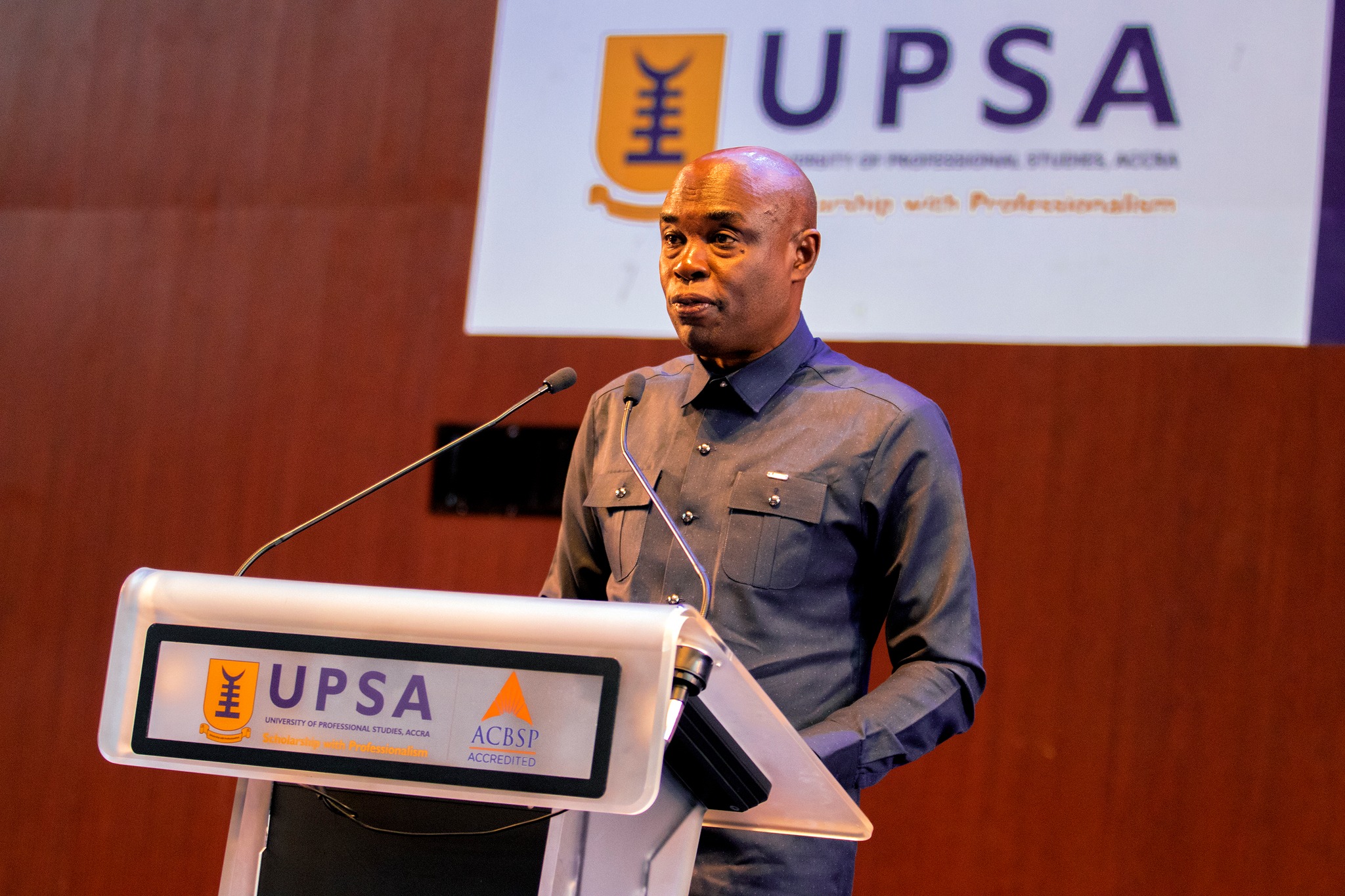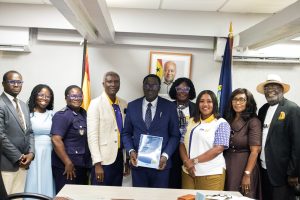The Vice-Chancellor of the University of Professional Studies, Accra, Prof Abednego F. O. Amartey, has urged higher education leaders across the continent to adopt UPSA’s sustainable self-finance model.
He emphasised that embracing a self-sustaining funding strategy will not only ensure financial sustainability but will also empower them to maintain their commitment to excellence in education.
Prof Amartey who was speaking at the 2024 QS Africa Forum hosted at the UPSA campus, highlighted the importance of financial independence for institutions of higher learning, particularly in light of the growing need for universities to adapt to economic challenges and shifting funding models.
He explained that UPSA’s approach to sustainable self-finance has allowed the institution to thrive without relying solely on government support.
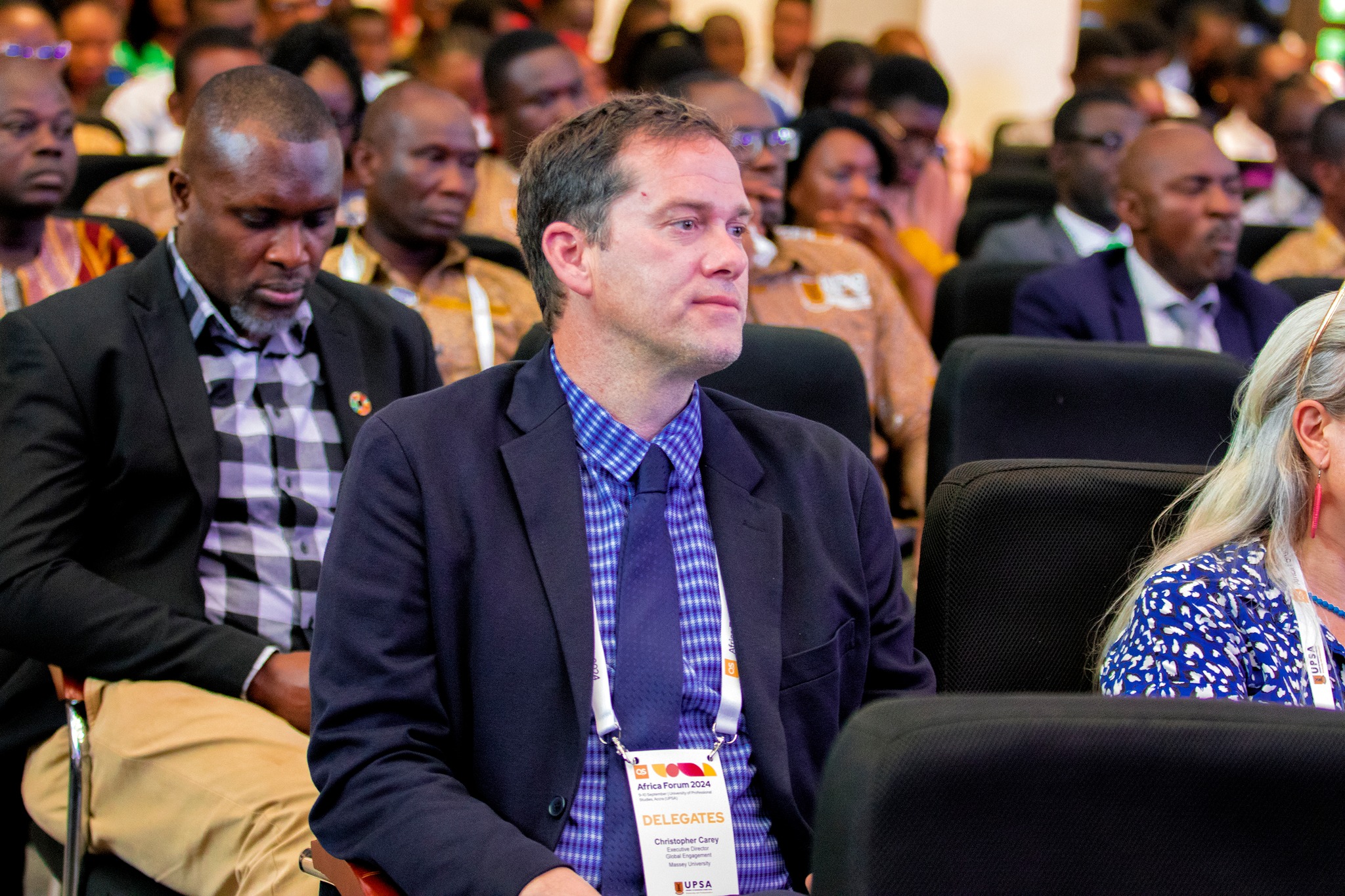
“In an era where public higher education institutions worldwide face declining financial support from government, we at UPSA are committed to empowering the youth of Ghana and Africa for a sustainable future,” Prof Amartey said.
“We strive to be a public university with a private-sector mindset, ensuring that we can make a positive impact.
“The UPSA financial model,” he said, “is founded on principles such as waste avoidance, cost rationalisation, resource redistribution, value for money, sustainability, and leadership by example.”
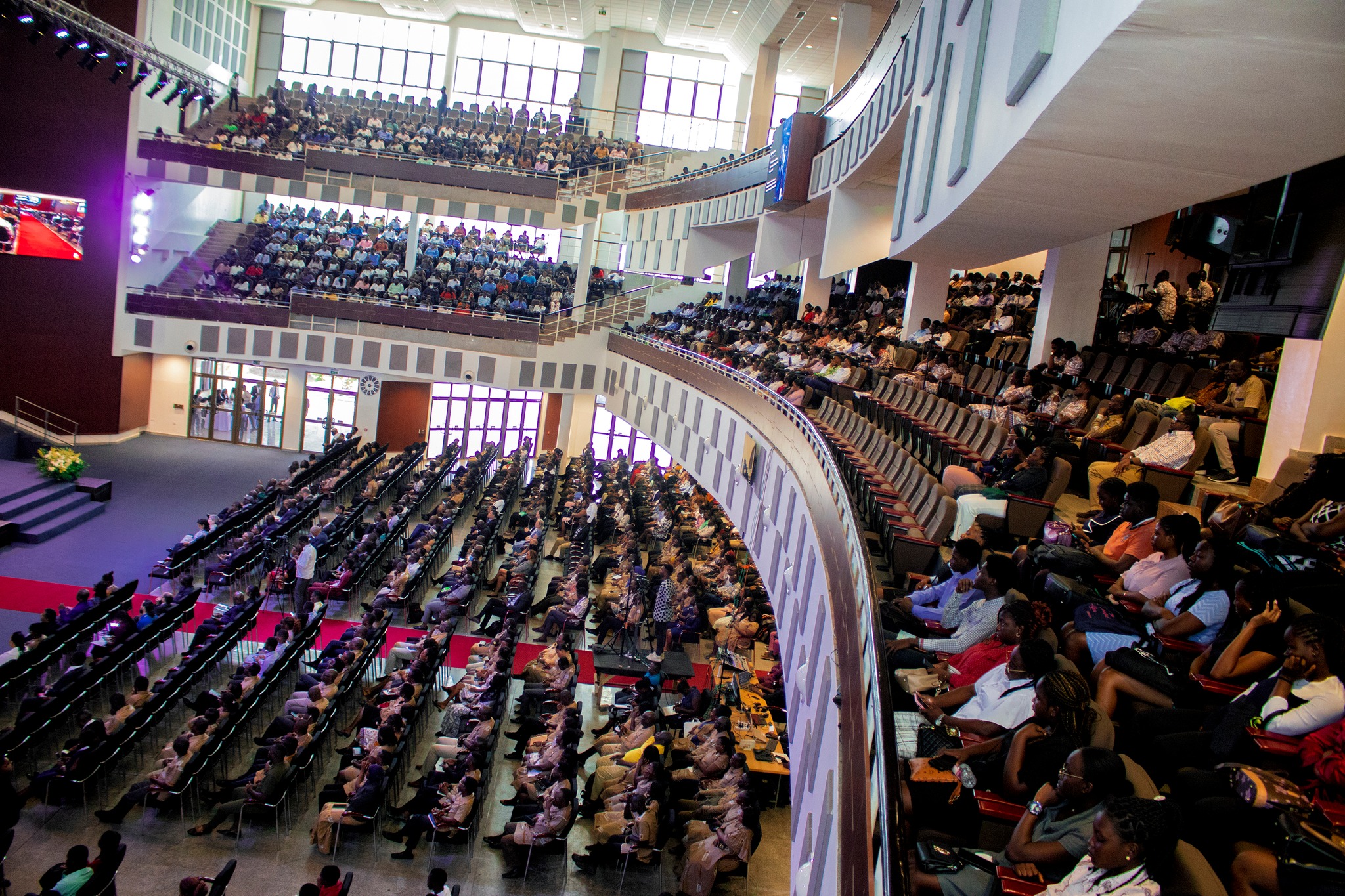
The two-day global conference was themed “Empowering Africa’s Youth: Integrating Entrepreneurship, Future Skills, and AI/Technology in Education for a Sustainable Future.
It brought together a diverse group of stakeholders, including researchers, heads of higher education institutions, innovators, policymakers, and students.
The conference fostered thought-provoking discussions and the exchange of innovative ideas aimed at shaping the future of higher education in Africa.
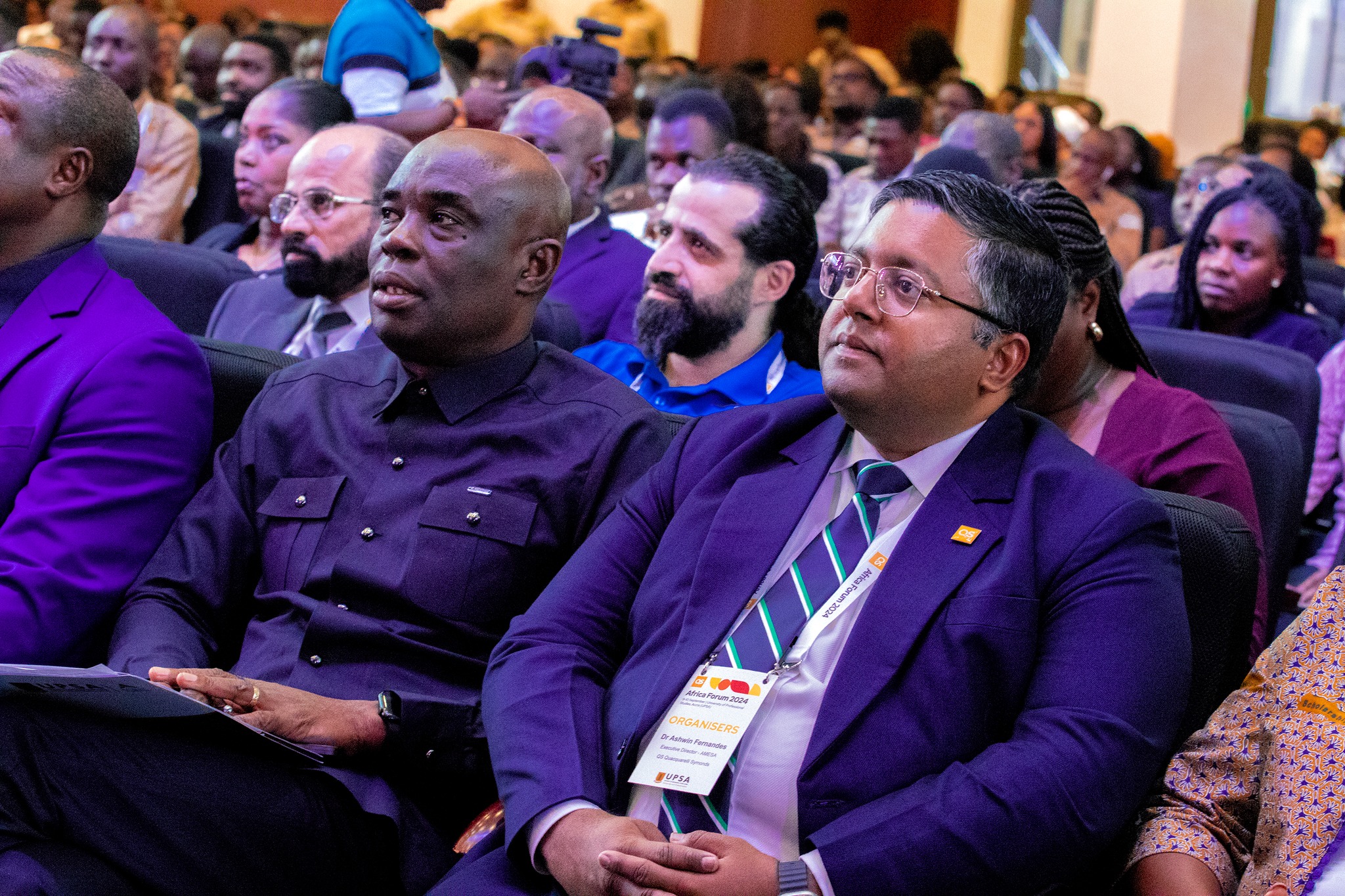
It also provided a platform for participants to share best practices and innovative strategies aimed at enhancing higher education across the continent.
Attendees engaged in discussions on topics such as sustainability in African education, AI-powered research, preparing Africa’s youth for the future of work, and nurturing the entrepreneurial mindset in education.

